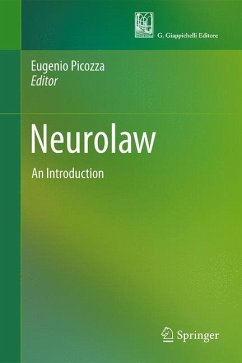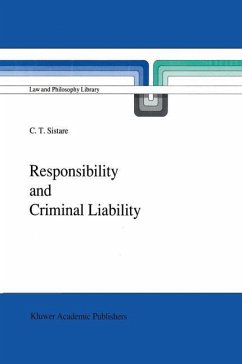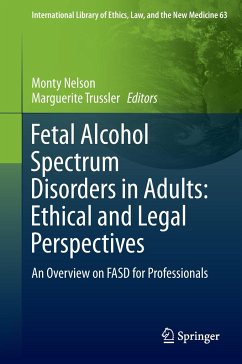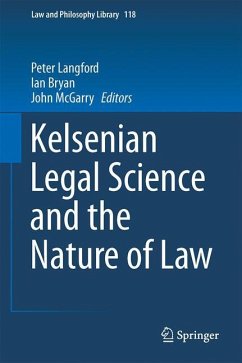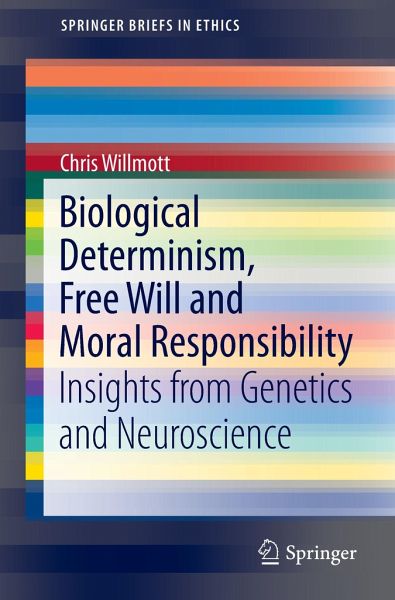
Biological Determinism, Free Will and Moral Responsibility
Insights from Genetics and Neuroscience

PAYBACK Punkte
23 °P sammeln!
This book examines the way in which new discoveries about genetic and neuroscience are influencing our understanding of human behaviour. As scientists unravel more about the ways in which genes and the environment work together to shape the development of our brains, their studies have importance beyond the narrow confines of the laboratory. This emerging knowledge has implications for our notions of morality and criminal responsibility. The extent to which "biological determinism" can be used as an explanation for our behaviour is of interest to philosophers reflecting on the free will versus...
This book examines the way in which new discoveries about genetic and neuroscience are influencing our understanding of human behaviour. As scientists unravel more about the ways in which genes and the environment work together to shape the development of our brains, their studies have importance beyond the narrow confines of the laboratory. This emerging knowledge has implications for our notions of morality and criminal responsibility. The extent to which "biological determinism" can be used as an explanation for our behaviour is of interest to philosophers reflecting on the free will versus determinism debate. It also has repercussions for the criminal justice system; in courtrooms around the world, defence lawyers are beginning to appeal to genetic and brain imaging data as grounds for finding their clients not guilty. Can a defendant's genes or the structure of his brain be used as an excuse for his behaviour? Is criminality "hardwired"? Is it legitimate to claim "I couldn'thelpit, my genes made me do it"? This book appeals to anyone interested in the link between behaviour and genetics, the science and philosophy of moral responsibility and/or criminal law.



